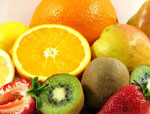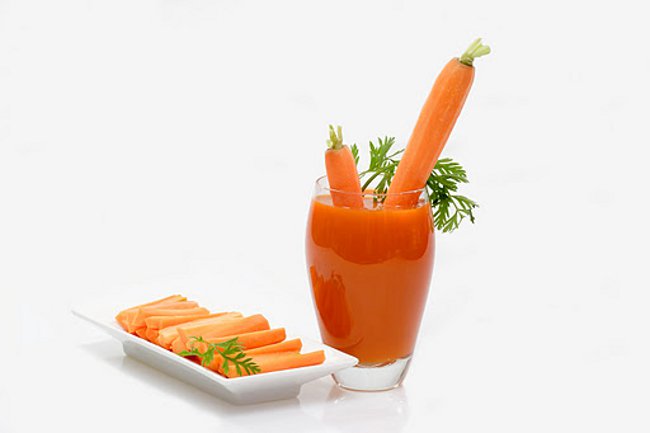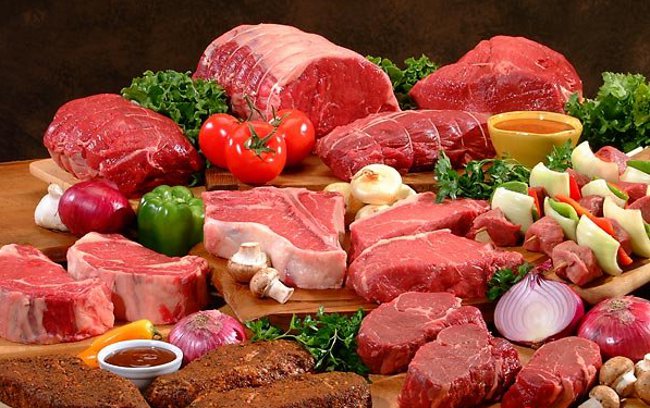Why do I need vitamins?

Vitamins are involved in almost allbiochemical processes of our body. Vitamins are catalysts of metabolic processes and often perform a regulatory function in the body. Vitamins are not produced by the body, so they should come with food or in the form of vitamin preparations.
In the winter season due to lack of fresh vegetablesand fruit, the lack of vitamins and mineral micro- and macro-elements is especially acute. Therefore, you can and should take various vitamin preparations. All vitamin preparations can be divided into two main groups: one-component vitamin preparations and multivitamin preparations.
One-component preparations, i.e. those that contain only one vitamin are usually prescribed by a doctor if there is a shortage of this vitamin in the body. For example, vitamins A, C, D, E, etc. Polyvitamin preparations contain a whole complex of vitamins in a single dose of the drug. Often multivitamin preparations are enriched with micro- and macro elements (calcium, magnesium).
The body needs these vitamins:
- Vitamin A. Vitamin A or retinol prevents the deterioration of the "twilight" vision,so his deficiency can cause "night blindness". Retinol also enhances immunity, participates in the formation of bone tissue and during the assimilation of proteins and lipids. Vitamin A is fat-soluble, it is found in products of animal origin: fish oil and liver, butter, egg yolks, cream and whole milk. In addition, there is provitamin A or carotene, which in the human body is synthesized in retinol. Provitamin A is mainly found in carrots.
- Vitamin B1. Vitamin B1, also called thiamine, participates in the formation of blood cells, incarbohydrate metabolism. Thiamine also promotes learning. The lack of vitamin B1 in the body leads to the disease "beriberi" (one of the causes of polyneuritis). Thiamine is a water-soluble vitamin and is not able to accumulate in the body. Contains vitamin B1 in plant products: legumes, spinach, wholemeal bread, potatoes, carrots and cabbage. There is also vitamin B1 and in products of animal origin: in the liver, kidneys, pork and beef.
- Vitamin B2. Vitamin B2, riboflavin, participates in the processes of cellular respiration,formation of erythrocytes, assimilation of proteins and lipids. Vitamin B2 is also necessary for healthy skin, nails and hair. Lack of riboflavin in the body threatens with lesions of the mucous membrane of the lips (cheilosis), angular stomatitis, seborrheic dermatitis, lesions of the organs of vision. Riboflavin is rich in dairy products, liver and kidneys, eggs, buckwheat, yeast.
- Vitamin B3. Vitamin B3, called nicotinamide, as well as niacin and vitamin PP, is involved inmany oxidative reactions of the body, promotes metabolism, helps the nervous system. The lack of vitamin B3 in the body can lead to pellagra, rapid weight loss, gastroectomy, diseases of the gastrointestinal tract. Contains this vitamin in rye bread, buckwheat, beans, meat, liver, kidneys.
- Vitamin B4. Vitamin B4, choline, is an important substance for the nervous system,improves memory, regulates insulin levels in the body, promotes the metabolism of fats in the liver. This vitamin can be produced by the body, but its inadequate amount can lead to fat deposition in the liver, kidney damage and bleeding. Contains choline in the egg yolk, brain, liver, kidneys and heart muscle, cabbage, spinach, soy.
- Vitamin B5. Vitamin B5, pantothenic acid, is necessary for participation in metabolic processesfats, proteins and carbohydrates, is involved in the function of the adrenal glands. This vitamin can be produced in the human body by E. coli. When there is a lack of vitamin B5 in the body, metabolism is disrupted, there is a cessation of growth, exhaustion, changes in the adrenal glands and nervous system. The lack of pantothenic acid also leads to disorders of the function of the heart, kidneys, and gastrointestinal tract. Vitamin is found in peas, yeast, green leafy vegetables, buckwheat and oatmeal, liver, kidneys, heart, egg yolks, milk, caviar.
- Vitamin B6. Vitamin B6 or pyridoxine is required for the synthesis of DNA and RNA, participates insecretion of gastric juice, promotes absorption of fats and proteins, is involved in the formation of erythrocytes. This vitamin is found in almost all foodstuffs and its deficiency can most often be caused not by nutrition, but by a number of hereditary diseases or metabolic disorders, as well as by the methods of preparations having antagonistic properties to this vitamin.
- Vitamin B7. Vitamin B7, also called biotin, is a part of the enzymes that regulate metabolismsubstances, participates in the synthesis of glucokinase, participates in the transfer of carbon dioxide. The lack of vitamin B7 in the body can be indicated by skin lesions, pale smooth tongue, drowsiness, depression, muscle weakness, hypotension, high blood sugar, anemia, loss of appetite and nausea, growth retardation. Rich in vitamin B7 are tomatoes, spinach, soy, yeast, egg yolk, liver, mushrooms.
- Vitamin B9. Vitamin B9 or folic acid still called the "pregnant vitamin", since thisvitamin is necessary for the development of the circulatory and immune systems of the body, contributes to the development of the nervous system. Therefore, the lack of folate during pregnancy increases the risk of neural tube defects. In addition, a lack of vitamin B9 in the body can lead to megaloblastic anemia. Contains vitamin B9 in legumes, wholemeal bread, yeast, liver.
- Vitamin B12. Vitamin B12 or cyanocobalamin promotes the synthesis of proteins, improves digestion. Deficiency of cyanocobalamin leads to the development of certain types of anemia. Contains vitamin B12 in products of animal origin: meat, fish, eggs, milk.
- Vitamin C. Vitamin C, also called ascorbic acid, strengthens the immune system, promotes healingwounds, provides growth and healthy gums. The lack of vitamin C in the body can lead to a decrease in the body's defenses, scurvy. Ascorbic acid is mainly found in citrus, greens, cabbage, tomatoes, potatoes, currants.
- Vitamin D. Vitamin D provides for normal growth and developmentbone tissue in the body, regulates the mineral metabolism, promotes the absorption of calcium by the body. The lack of this vitamin threatens with rickets and osteoporosis. Vitamin D can be generated by human skin under the influence of ultraviolet rays. In addition, vitamin D is found in butter, dairy products, egg yolk, fish oil, caviar, nettle, parsley, mushrooms.
- Vitamin E. Vitamin E, also called tocopherol, prevents the formation of blood clots, improvesrespiration of cells, reduces the risk of scar formation, is used in cosmetology to preserve youthful skin, in medicine - for the treatment of eczema, skin ulcers and other skin diseases. The lack of vitamin E in the body can lead to rupture of red blood cells, a decrease in reproductive function, changes in the myocardium, abnormal fat deposits on the muscles. The sources of vitamin E are nuts, oils, spinach, whole grains.
Taking vitamin preparations, it should be remembered that the excess of vitamins in the body entails no less serious consequences than their deficiency. Therefore, always observe the dosage of the drug!













